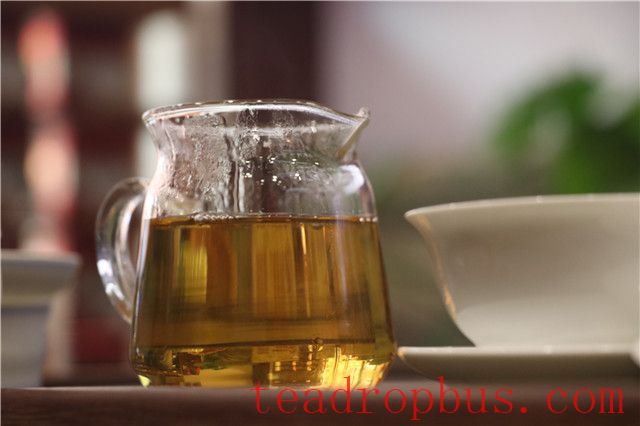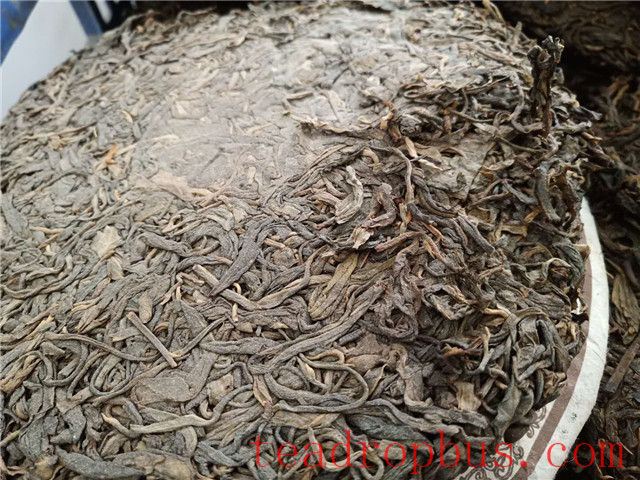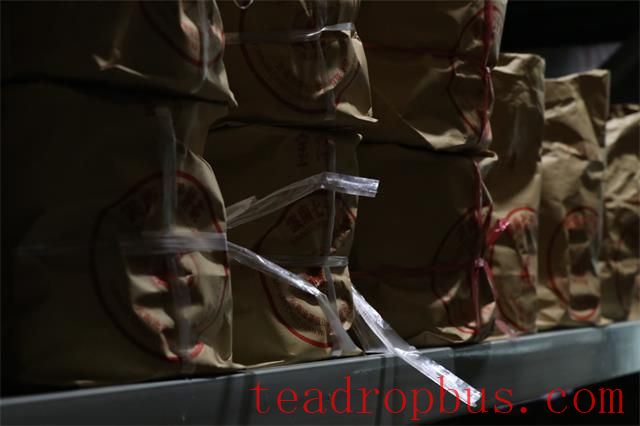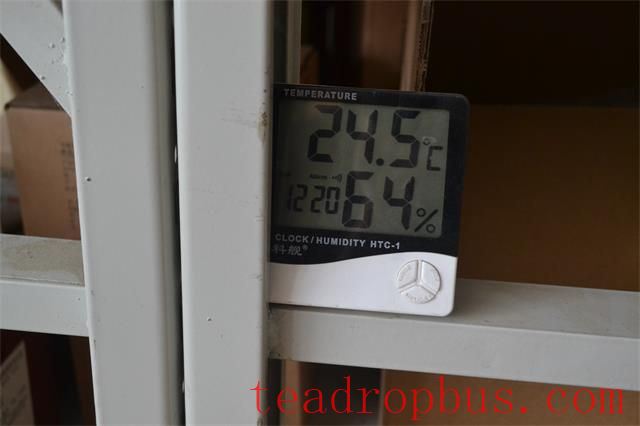When friends come from afar
We should treat them with good Tea.
A tea table, a few good friends,
A pot of tea, joyful even without words.

When you take out your treasured Pu'er tea that has been stored for years to treat your friends, you discover that the tea has developed an off-flavor and seems “not quite right.” Your friends tease you: “Are you unwilling to use good tea to entertain us?” You wonder why the authentic Pu'er tea you purchased tastes worse over time?
In fact, this is due to improper storage leading to the tea's deterioration, causing its flavor to become “off.” At this point, tea enthusiasts must be aware that if the tea exhibits any of the following off-flavors, it should not be consumed.
01
Moldy Smell
Good tea should never have a moldy smell! Not just tea, but any food that develops a moldy smell in daily life should be immediately stopped from consumption.
The presence of a moldy smell indicates that the tea has become damp and moldy due to improper storage, harboring harmful molds that can be detrimental to health when consumed.
02
Sour and Foul Odor
Tea naturally contains organic acids, usually around 3%, which can make the tea broth more full-bodied and flavorful when present in moderation.
However, a sour and foul odor, characterized by a heavy and overly intense scent that induces nausea, suggests that the tea quality has deteriorated, often due to poor processing or incorrect storage.
The presence of off-flavors and foreign odors during tea tasting will affect the tea-drinking experience and may even be detrimental to health. Purity, naturalness, richness, and body are the true flavors of Pu'er tea. Therefore, when the tea exhibits moldy, sour, foul odors, or other off-flavors, it should be discarded without hesitation! Hesitation in such cases will inevitably lead to trouble.

Acquiring a fine cake of tea, only to find it develops an off-flavor due to improper storage, would indeed be a great pity to discard.
Here are some tips for storing tea that we'd like to share with everyone. Tea enthusiasts must avoid common pitfalls when storing their tea.
01Clean Air Without Off-Flavors
Pu'er tea should be stored in an environment free from pollution and off-flavors to prevent contamination. The best environment is one that is sealed, as too much air circulation can cause the tea to lose its aroma and become tasteless.
In home storage, tea is best kept in a clean study room, avoiding areas like the kitchen or bedroom where off-flavors can easily develop.
02Light – Stored Away from Direct Sunlight

Pu'er tea requires storage away from direct sunlight. If tea is exposed to strong light for a long time, it can undergo chemical reactions that lead to the loss of its internal substances, resulting in a decline or even spoilage of its quality.
Tea is best stored whole in its original packaging; if loose or already opened, it should be kept in containers that shield it from light, such as clay pots or tea storage bags.
03Temperature – Moderate Cold and Heat
Pu'er tea transformation requires a suitable temperature for microorganisms and enzymes to function effectively. Around 25°C is the most suitable temperature for natural transformation of Pu'er tea.
If possible, adjust the indoor temperature using air conditioning to maintain a conducive environment for the tea's transformation. It is important to note that unlike Tieguanyin and Green Tea, Pu'er tea should not be stored in the refrigerator.
04Humidity – Protection Against Dampness and Dryness

Appropriate humidity ensures the activity of beneficial microorganisms and enzymes in the tea. The relative humidity for long-term storage of Pu'er tea should be maintained between 50% and 80%. Excessive humidity can lead to mold growth, while too little humidity is not conducive to transformation.
The above is the correct method for storing Pu'er tea at home! Have tea enthusiasts been doing it right? Proper storage of Pu'er tea ensures that the tea reaches its optimal state for drinking, preventing awkward situations where the tea turns out “not quite right” when inviting friends over for a tea session.
The path of storing Pu'er tea has always been long and fraught with obstacles. One misstep can result in dampness or contamination, so tea enthusiasts must be proactive in prevention to minimize losses and do justice to the fine tea they possess.